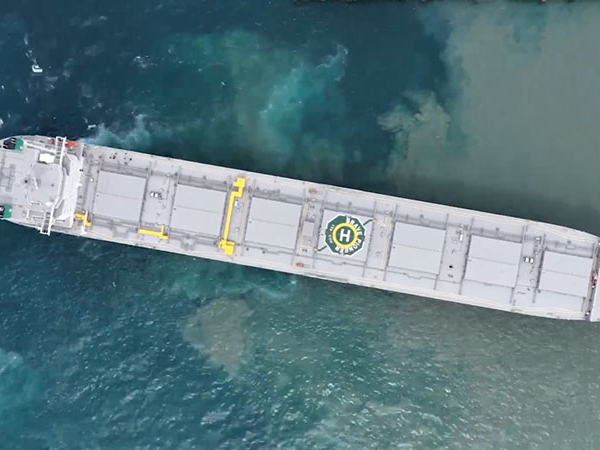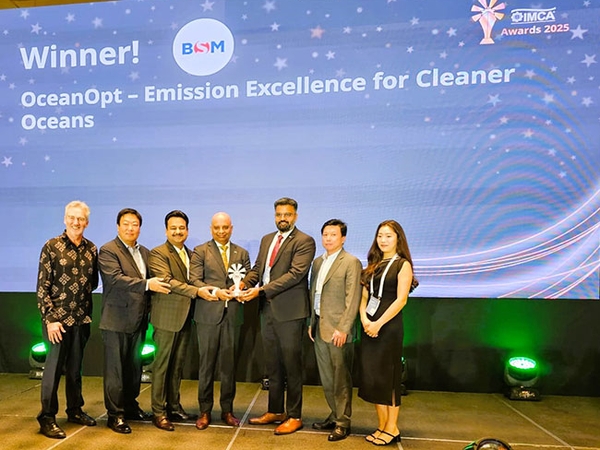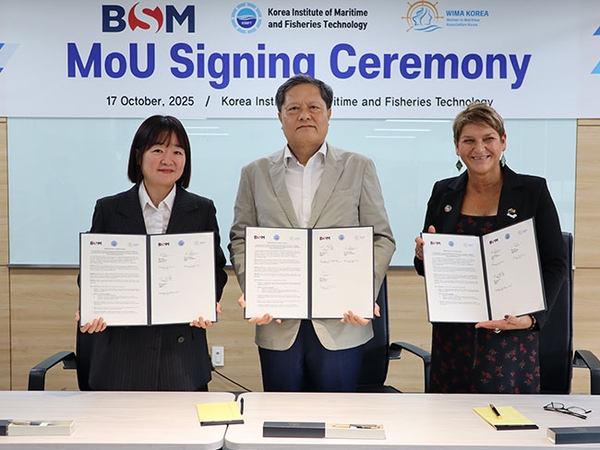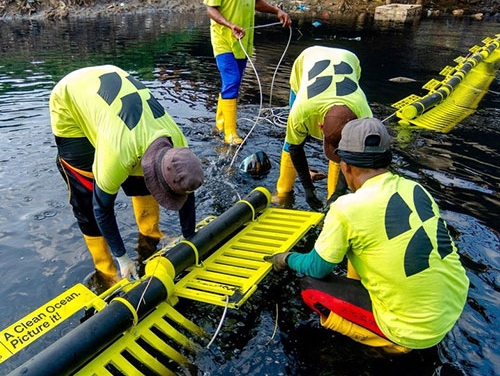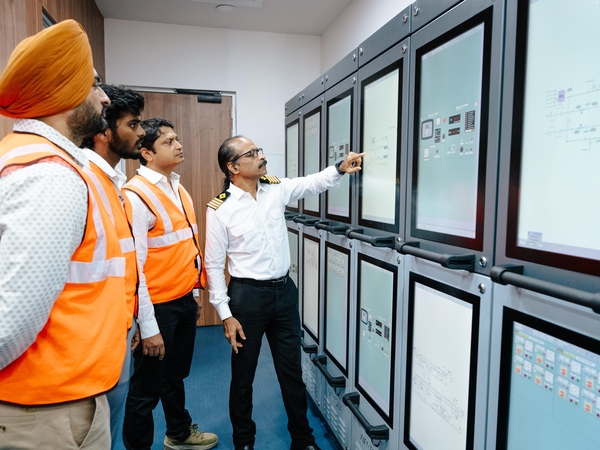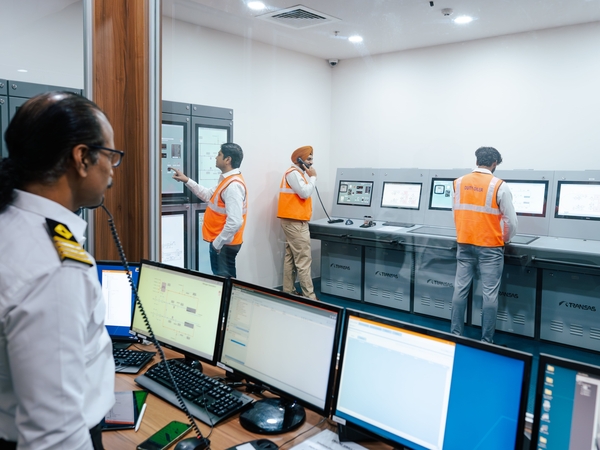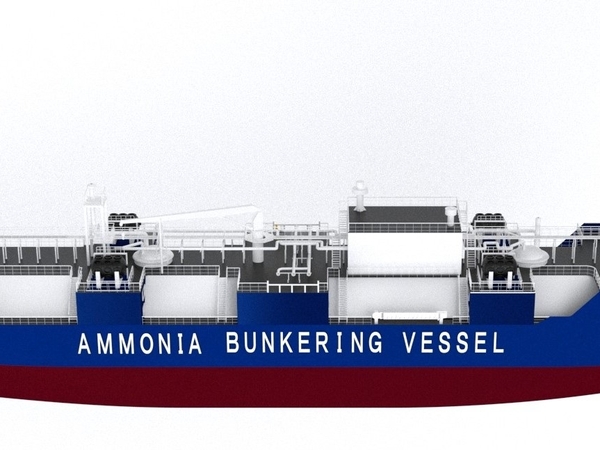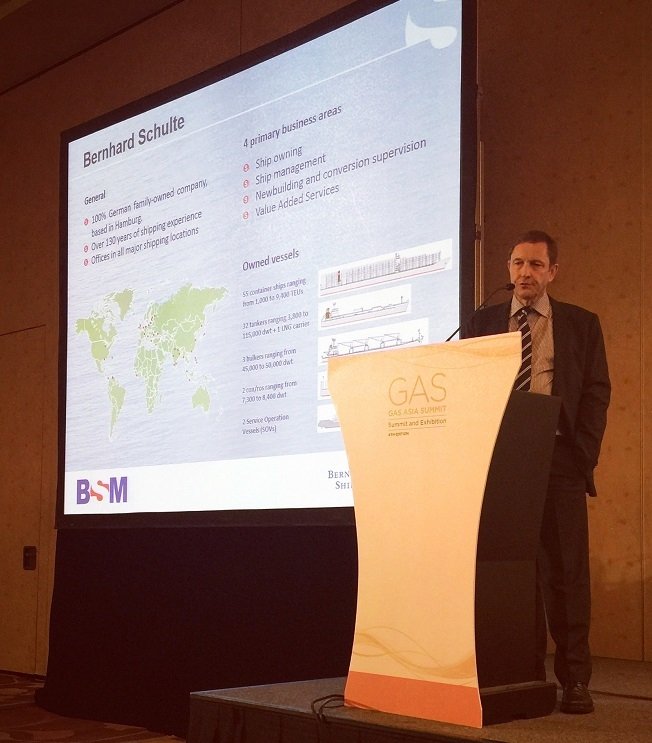
Liquefied Natural Gas (LNG) will be a game changer in shipping - this was the main theme of a presentation given by Angus Campbell, BSM’s Corporate Director for Energy Projects, at the Gas Asia Summit recently held in Singapore.
He opened the ‘LNG in Marine Transport’ session by emphasising rising environmental pressures as a significant issue for shipping. The industry is facing heightened calls to use more environmentally sustainable fuels and reduce its carbon footprint, with the European Commission requiring large ships using European Union ports to report and verify annual CO2 emissions from 2018.
These challenges can be met through the use of LNG as a marine fuel due to lower emissions and the abundance of gas, which is sufficient to sustain competitive pricing and make it economically attractive to the industry.
Angus highlighted some of the challenges related to increased adoption, including a relatively immature bunkering infrastructure that will take time to develop and the need for effective training, procedures and equipment selection to transfer and manage the cryogenic fuel safely.
Continuation of the LNG industry’s excellent safety record and careful selection of personnel for LNG vessels was critical to ensure incident-free operations, he said, with the adoption of uniform international standards to promote safety and conformity which is being led by the Society for Gas as a Marine Fuel (SGMF) also being essential.
Bernhard Schulte, in partnership with Babcock International, have jointly developed a 7,500 cbm Gas Supply Vessel that will go into service with Linde to supply LNG to marine customers and small-scale terminals along the Baltic Sea coast during 2018.
